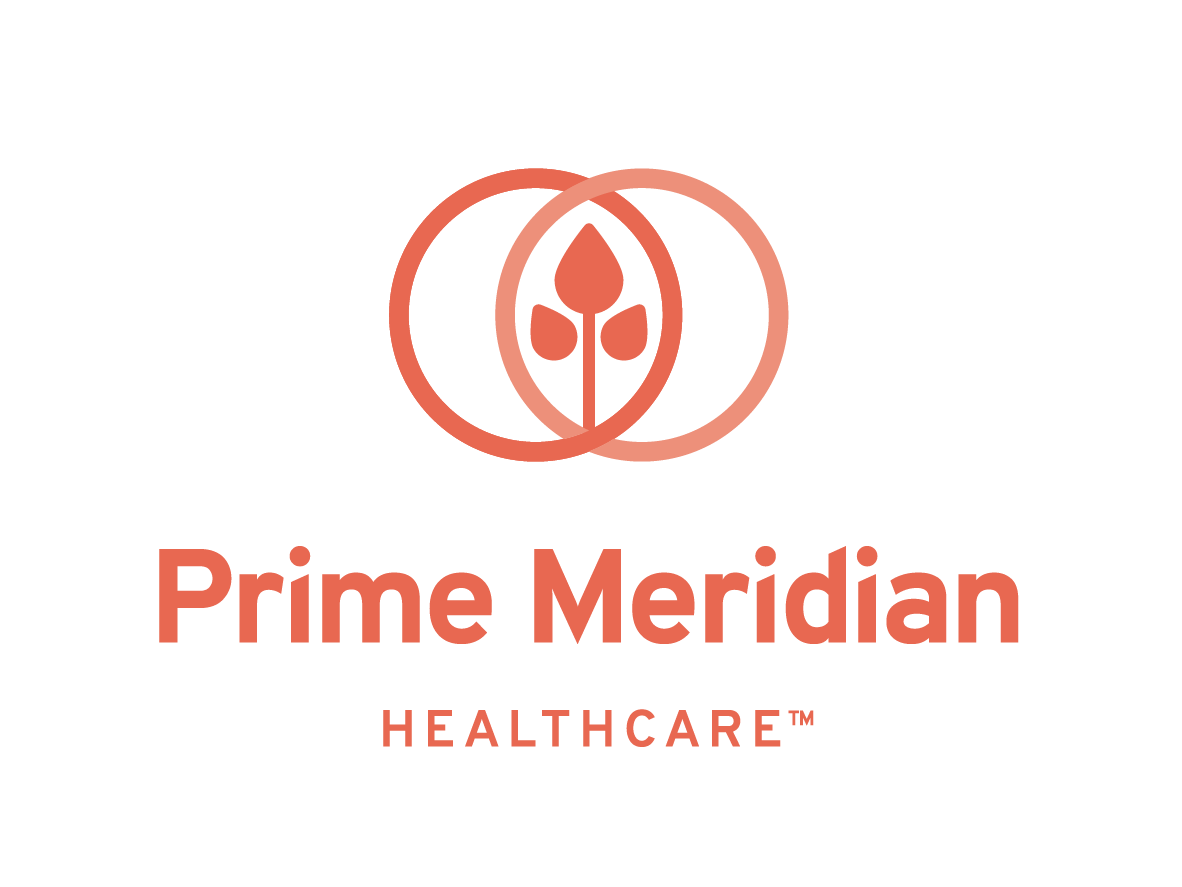Resolving For Success
The single greatest factor in success or failure is not capability or even hard work, but something far less complex: setting clearly defined goals.

Setting Goals
The single greatest factor in success or failure is not capability or even hard work, but something far less complex: setting clearly defined goals. It just so happens that setting goals is one of the most validated concepts in science. Studies have shown that the act of writing down goals and setting up parameters for accountability increases the likelihood that you will achieve them by up to 50% (1). Don’t be that person who eschews healthy resolutions because the odds are stacked against you. Improve your chances of yearly triumph by sitting down with a notepad and an open mind and writing down some goals and accountability guidelines.
Process vs. Outcome Goals
Success is most efficiently achieved by developing a lifestyle around sustainable daily behaviors, not intermittent and manic stints of obsession. With health, in all its iterations, it is the turtle vs. the hare—and our hard-shelled friend and his adherence to positive, consistent action always prevails. Goal-setting theory is all about focusing on the process, not necessarily the result (2). Every meal, workout, and night’s rest is an opportunity to build a stronger and healthier you. “Resolving” for success is committing to a process, not a result. Furthermore, there is a growing body of empirical research to substantiate the idea that mindset, one’s established set of attitudes, is a greater predictor of success than inherent ability. Below are some ideas about mindset-related process goals for the New Year.
1. Commit to doing one hard thing and sticking to it for the entire year.
Whether it’s doing something physically active—in rain or shine, in sickness or in health—all 365 days of the year or committing to participating in work projects that are mentally taxing or that you simply don’t enjoy, pledging to do something constructive that is also hard is one of the primary ways to develop a growth mindset. The more hard things you do, the more comfortable you become doing them.
2. Be more resourceful with your efforts.
Don’t waste them on things you have no ability to impact. You only have so much physical and mental capacity each day, and each neural synapse you use on actions or thoughts that you cannot influence is not available to be used on things you can. Similar to the limits of your muscles to store glycogen, the fuel tanks of your cranial supercomputers are not bottomless. Each decision you make has a cumulative draining effect on your executive functioning ability, so aim for decision efficiency. Focus your efforts on things that directly affect your life and that you can actually influence.
3. Have a short memory.
Failures are quick lessons, nothing more. Treat failure like a scientist: simply as another data point. Failure or proving a hypothesis wrong isn’t an indication that you are not capable. Rather, it supplies a useful data point that ultimately leads to a correct answer. If you miss a workout or pick up a pizza on the way home from a stressful day at the office, it doesn’t mean you are doomed to fail. Just take a deep breath and get back on track tomorrow.
4. Don’t rely on motivation.
Build healthy (automated) habits. As research continues to show, deliberate practice is one of the most influential factors in skill development (4). Everyone develops at their own pace, but goals are reached one deliberate action at a time…over and over and over again. Motivation can only take you so far, whereas habits, no matter how small and simple (and which usually take about 66 days, not 21, to develop), are how most goals are reached (5). Be detailed and deliberate. Write down the habits necessary to reach your goal and simply do them every day. Soon you’ll get to the point where you don’t need a reminder to take your vitamins with breakfast and dinner.
Conclusion
Whether your New Year’s resolutions involve improving your physical health or developing relationships that are more meaningful, focus on the process and stay the course to a progressively healthier and more successful version of you, one day at a time.
References
1
Goals Research Study
Dominican University
4
Gagne’s Differentiated Model of Giftedness and Talent
Journal for the Education of the Gifted
2
Goal-Setting Theory of Motivation
International Journal of Management, Business, and Administration
3
Measurement Matters
Duckworth A. and Yeager D.
5
How Habits Are Formed
European Journal of Social Psychology



